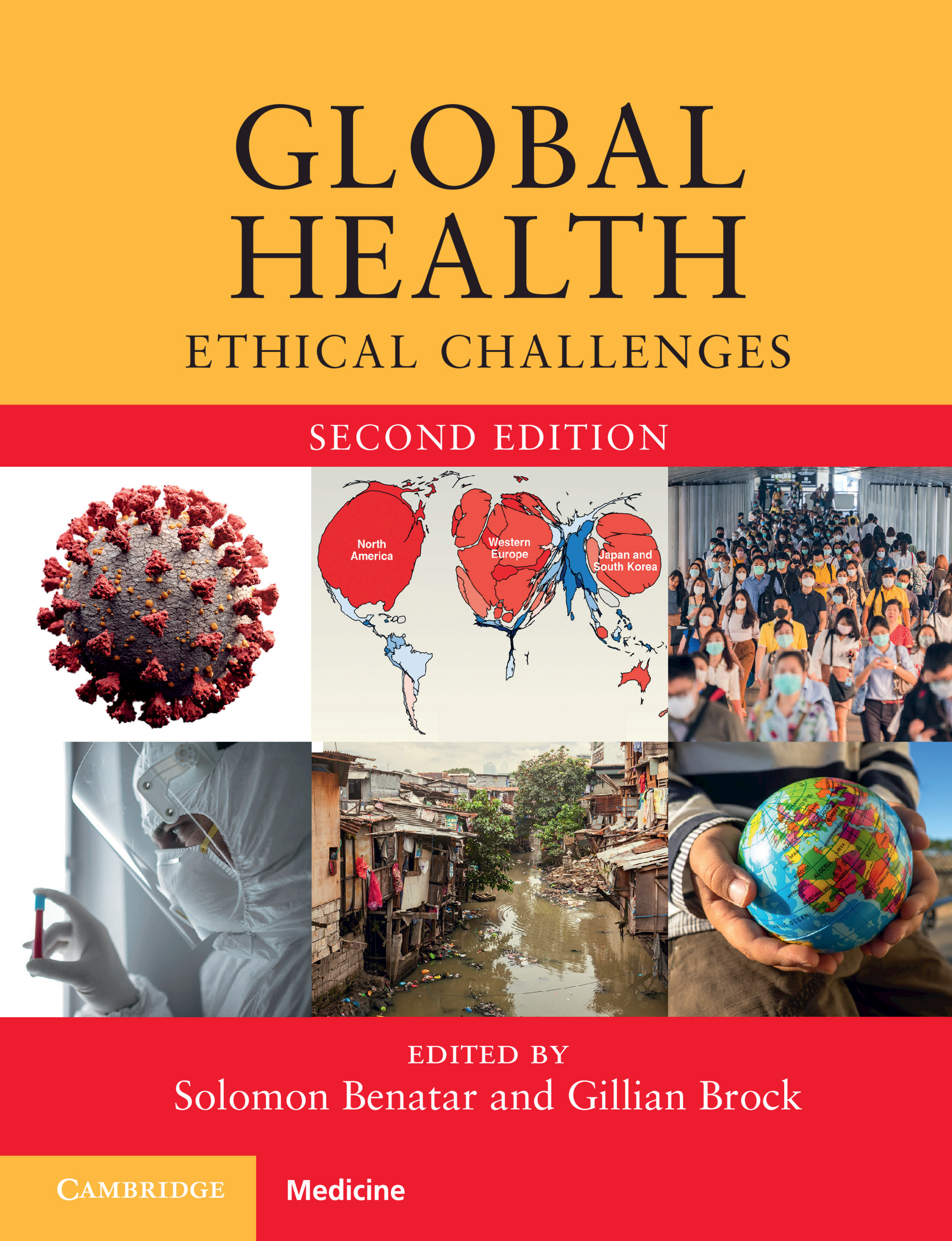Book contents
- Global Health
- Global Health
- Copyright page
- Contents
- Contributors
- Introduction
- Section 1 Global Health: Definitions and Descriptions
- Section 2 Global Health Ethics, Responsibilities, and Justice: Some Central Issues
- Section 3 Analyzing Some Reasons for Poor Health and Responsibilities to Address Them
- Chapter 11 Trade and Health
- Chapter 12 Debt, Structural Adjustment, and Health
- Chapter 13 The International Arms Trade and Global Health
- Chapter 14 Allocating Resources in Humanitarian Medicine
- Chapter 15 Development Assistance for Health
- Chapter 16 Geopolitics, Disease, and Inequalities in Emerging Economies
- Chapter 17 Neoliberalism, Power Relations, Ethics, and Global Health
- Chapter 18 Morbid Symptoms, Organic Crises, and Enclosures of the Commons
- Chapter 19 Challenging the Global Extractive Order
- Section 4 Environmental/Ecological Considerations and Planetary Health
- Section 5 The Importance of Including Cross-Cultural Perspectives and the Need for Dialogue
- Section 6 Shaping the Future
- Index
- References
Chapter 12 - Debt, Structural Adjustment, and Health
from Section 3 - Analyzing Some Reasons for Poor Health and Responsibilities to Address Them
Published online by Cambridge University Press: 04 February 2021
- Global Health
- Global Health
- Copyright page
- Contents
- Contributors
- Introduction
- Section 1 Global Health: Definitions and Descriptions
- Section 2 Global Health Ethics, Responsibilities, and Justice: Some Central Issues
- Section 3 Analyzing Some Reasons for Poor Health and Responsibilities to Address Them
- Chapter 11 Trade and Health
- Chapter 12 Debt, Structural Adjustment, and Health
- Chapter 13 The International Arms Trade and Global Health
- Chapter 14 Allocating Resources in Humanitarian Medicine
- Chapter 15 Development Assistance for Health
- Chapter 16 Geopolitics, Disease, and Inequalities in Emerging Economies
- Chapter 17 Neoliberalism, Power Relations, Ethics, and Global Health
- Chapter 18 Morbid Symptoms, Organic Crises, and Enclosures of the Commons
- Chapter 19 Challenging the Global Extractive Order
- Section 4 Environmental/Ecological Considerations and Planetary Health
- Section 5 The Importance of Including Cross-Cultural Perspectives and the Need for Dialogue
- Section 6 Shaping the Future
- Index
- References
Summary
he debt narrative is encapsulated in the conundrum of why postapartheid South Africa chose to cripple itself with debts that it could so easily have been repudiated. Nelson Mandela described the apartheid debt as “the greatest single obstacle to progress in this country.”
- Type
- Chapter
- Information
- Global HealthEthical Challenges, pp. 170 - 181Publisher: Cambridge University PressPrint publication year: 2021



